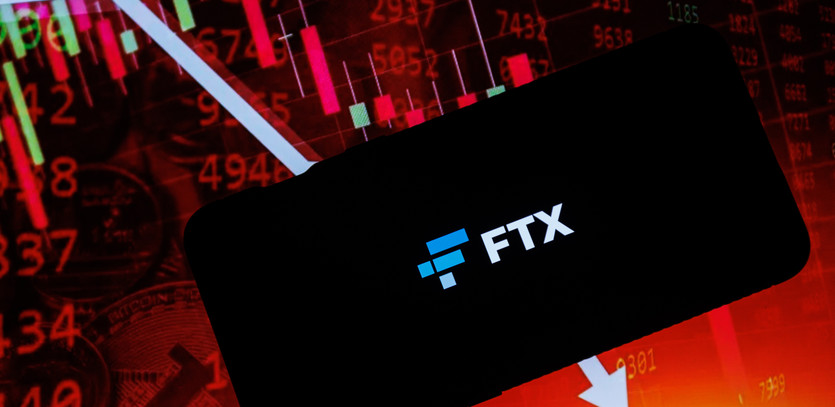Severe Decline in Value Leads to Lawsuit Against FTX Leadership
Following a 99.5% value decline, where the highest bid for FTX following bankruptcy was a mere $1 million, the former CEO Sam Bankman-Fried, co-founder Zixiao Wang, and ex-senior executive Nishad Singh, now find themselves on the receiving end of a lawsuit filed by FTX attorneys. The litigation pertains to the prior $220 million acquisition of the stock-clearing platform Embed, where they allegedly performed insufficient due diligence.
Allegations of Poor Due Diligence and Insufficient Investigation
As revealed in a May 17 document, FTX allegedly spent $220 million acquiring Embed through its US subsidiary, all while purportedly performing negligible due diligence on the platform.
Following FTX's bankruptcy filing, the presiding judge approved the sale of Embed and other FTX assets. However, the most generous bid for the platform was only $1 million. FTX's attorneys have claimed:
“The bidders had figured out what the FTX Group and FTX Insiders did not bother to assess prior to the Embed acquisition, namely, that Embed’s vaunted software platform was essentially worthless.”
Further Investigation Leads to Withdrawn Bids and Accusations
While a dozen entities initially showed interest, the highest offer being $78 million, all except one retracted their final bids after conducting thorough due diligence. The only remaining bidder was Embed’s creator and former CEO, Michael Giles.
FTX’s lawyers argue that Giles received around $157 million from the acquisition. Still, his final offer to buy back Embed was a scant $1 million, subject to reductions upon closing.
Further allegations by the lawyers imply that FTX insiders leveraged the “lack of controls and recordkeeping within the FTX Group to perpetrate a grand scam.” They supposedly used misappropriated client funds to expedite the purchase of Embed, fully cognizant that the company was financially unstable at the time of closing the deal.
Accusations of Misleading Records and Misuse of Funds
The lawyers have also claimed that deceptive records were produced to mask Alameda’s involvement in the Embed purchase. They suggest that the funds moved between FTX entities, rather than coming from Bankman-Fried, Singh, and Wang as previously stated.
FTX is pressing for the transactions to be labeled as “avoidable fraudulent transfers and obligations, and/or preferences.” They are also seeking to invalidate claims by the defendants until FTX can recover the funds lost through avoidable transfers.
FTX's Post-Bankruptcy Plans
FTX filed for bankruptcy on November 11, and its new management has been striving to recover funds to reimburse clients and creditors. A possible relaunch of the exchange is also under consideration.




